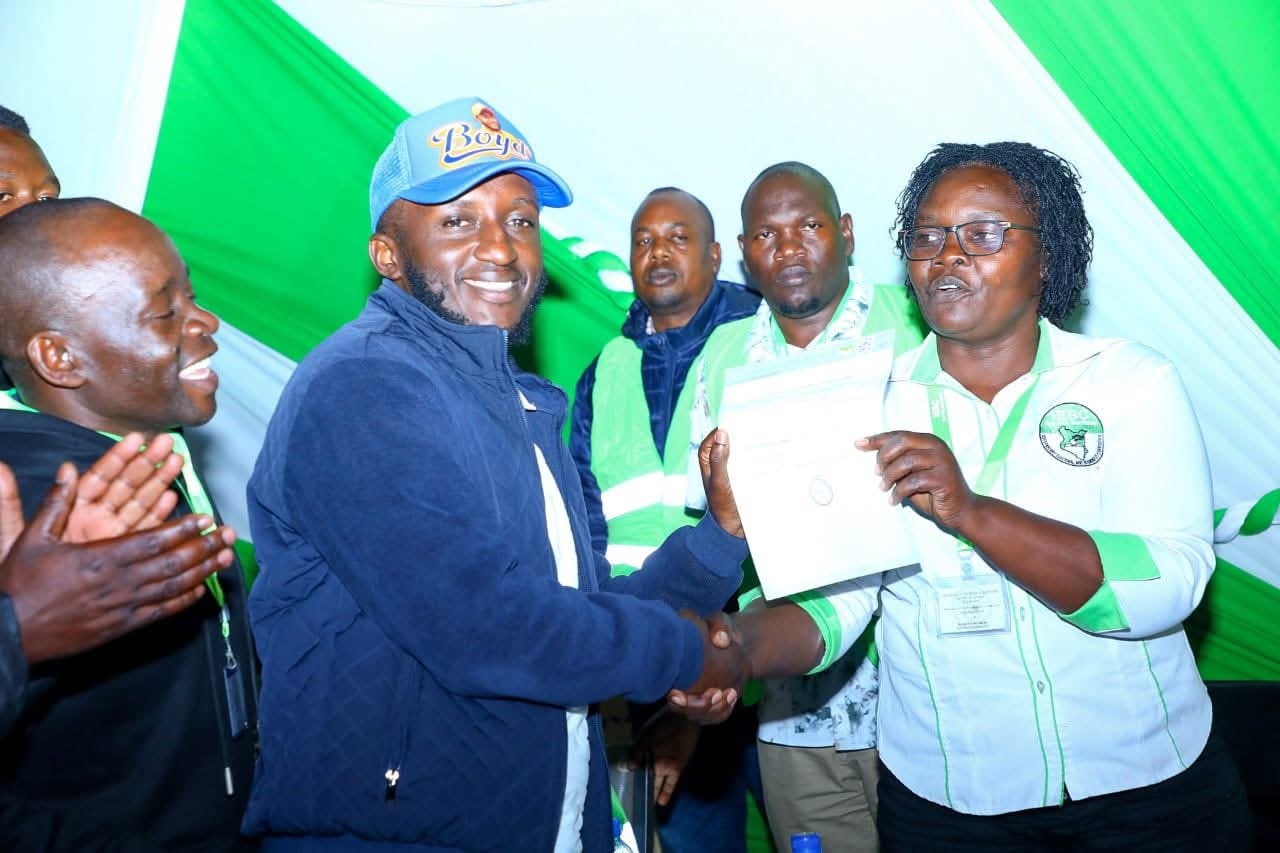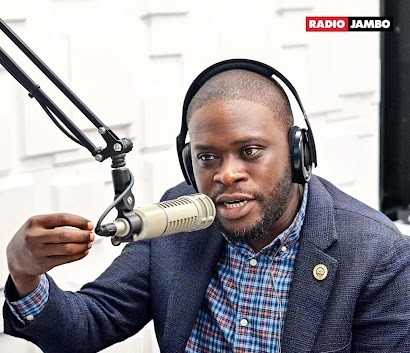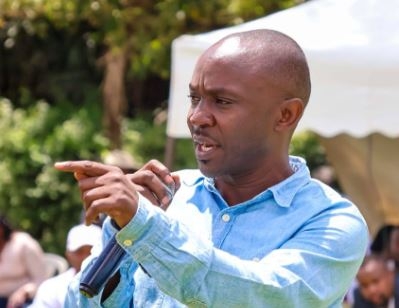Kenyans have been urged to take pride in learning and speaking Kiswahili, the official National language.
Tourism Cabinet Secretary Najib Balala said that Kiswahili was recognised by the United Nations Educational, Scientific and Cultural Organisation (UNESCO) as an official language and we should rejoice in that.
Balala led Kenyans in celebrating the first World Kiswahili Language Day designated for July 7 in November 2021 by the United Nations.
Presiding over the start of a procession leading to the National Museum of Kenya for the official celebrations, Balala called on Kenyans to champion the use of the language.
“As Kenyans, we should be on the frontline in celebrating this day. But this is more than just a celebration, this should be a day of speaking the Kiswahili language,” he said.
He thanked UNESCO for their special recognition of Kiswahili and the people who speak it, especially in East Africa.
“Over eight countries in Eastern speak Kiswahili with over 200 million speakers. Kiswahili joins official languages like English, French, Arabic, Spanish, Russian, Chinese and many others but no African language had been recognised until Kiswahili,” he said.
He said that the fear Kenyans have of speaking the National language should be removed by encouraging it to be spoken in schools and taught across all levels of Education.
Balala said that we should endeavour to speak Kiswahili on Fridays at Government offices as well as Non-Governmental offices as a sign of pride for the beautiful language.
“Fridays should also be days when we wear official Swahili or African attire to our workplaces. Western countries call it a dress-down day and they show up to work in T-shirts and jeans. Why shouldn’t we wear our own attire as well?” he asked.
He said that would help to endear the language to Kenyans.
UNESCO Regional Director, Dr Hubert Gijzen, it was important for Kiswahili to be recognised because it was one of the languages spoken by most people in Africa, making it a unifying language.
Speaking in Kiswahili, he said that July 7 was a special day because it had historical importance.
“On this day in 1954, the Tanganyika African National Union (TANU), under the first President of Tanzania, the late Mwalimu Julius Nyerere, passed Kiswahili as their official unifying language used to fight for the Independence of Tanzania,” he said.
Kiswahili Professor Kimani Njogu said that this special recognition is a responsibility given to Kiswahili-speaking countries to keep building the capacity of the language to flourish.
“If it does not flourish in East Africa, it cannot anywhere else. Kiswahili can bring unity not just in East Africa but the whole of Africa,” he said.
He said that Governments should also build the field of Kiswahili through councils and organisations mandated to build the language.
“We should also buy and read books written in Kiswahili by Kiswahili authors in order to show support for the language that is the backbone of the country,” he said.















